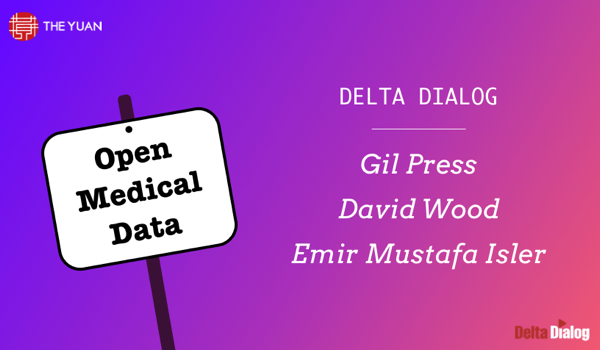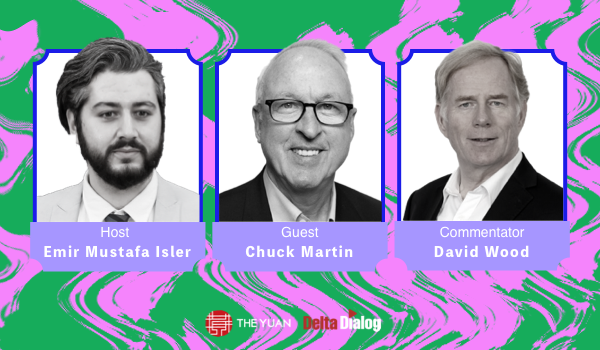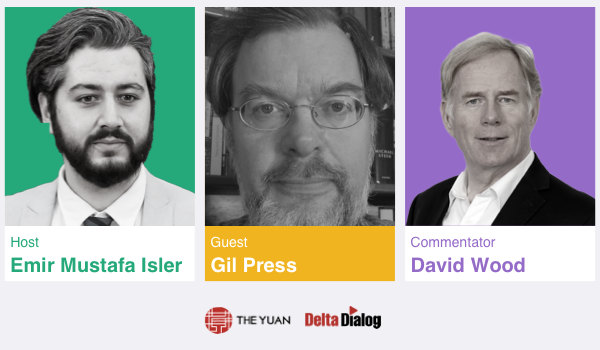
ISTANBUL -
Open Medical Data in the US: “Nonexistent with a caveat.”
The information blockage law, also known as the information blocking rule, was implemented in the United States as part of the 21st Century Cures Act in 2016. The law was designed to prevent healthcare providers and vendors from engaging in practices that would prevent or interfere with patients' ability to access and use their own medical information. However, the law also created significant obstacles for the further development of open medical data, as it imposed complex regulations on healthcare providers and vendors, many of whom were struggling to keep up with the demands of the rapidly changing healthcare industry. As a result, many providers and vendors were hesitant to share medical data, even when it would have been in the best interests of patients.
The information blockage law has also been a major source of frustration for patients, who have long struggled to access their own medical records. Despite the law's intentions, many patients continue to face barriers to accessing their own data, as healthcare providers and vendors struggle to navigate the complex regulations surrounding data sharing. This has led to decreased patient satisfaction, as patients are often left feeling frustrated and powerless when it comes to their own healthcare. In order to fully realize the potential of open medical data, it is essential that the United States address the obstacles created by the information blockage law, and work to create a more patient-centered healthcare system that prioritizes the needs and preferences of individual patients.
The private sector has played a critical role in the development of open medical data, with many companies investing heavily in technologies and platforms that enable the secure and efficient sharing of medical information. For example, GE's Edison AI platform is a powerful tool that uses artificial intelligence to help healthcare providers make more accurate and informed decisions, based on real-time data from a range of sources. This has the potential to revolutionize the healthcare industry, improving outcomes for patients and reducing costs for providers.
However, there are concerns that certain companies may dominate or monopolize the industry, potentially stifling innovation and limiting competition. This could have negative implications for the development of open medical data, as well as for patients and healthcare providers more broadly. It is important for regulators to monitor the activities of private sector companies in the healthcare industry, and to ensure that competition is maintained and that the benefits of open medical data are distributed fairly and equitably. By working together, the private sector and regulatory bodies can create a healthcare system that is both innovative and responsive to the needs of patients and healthcare providers.
What’s in it for me? / Why should I care?
As an individual, it is important to care about the developments in open medical data and the contributions of the private sector, including the latest developments with AI. Open medical data has the potential to improve the quality of healthcare and make it more accessible and affordable for all. By enabling patients to access and share their own medical information, open medical data can lead to better health outcomes and more personalized care. The contributions of the private sector, including companies like GE with their Edison AI platform, can help drive innovation and lead to more efficient and effective healthcare delivery.
However, it is also important to be aware of the potential risks and concerns associated with these developments, such as privacy and security risks, and the possibility of monopolies in the industry. As individuals, we have a stake in ensuring that these technologies are developed and deployed in a way that benefits everyone, and that they do not contribute to inequality or harm. By staying informed and engaged with these developments, we can help shape the future of healthcare and ensure that it is responsive to the needs and preferences of all patients.
Further Reading:- Healing US Healthcare With AI
- US must pave way for open medical data
- Can AI Fix US Healthcare?





 499 views
499 views







